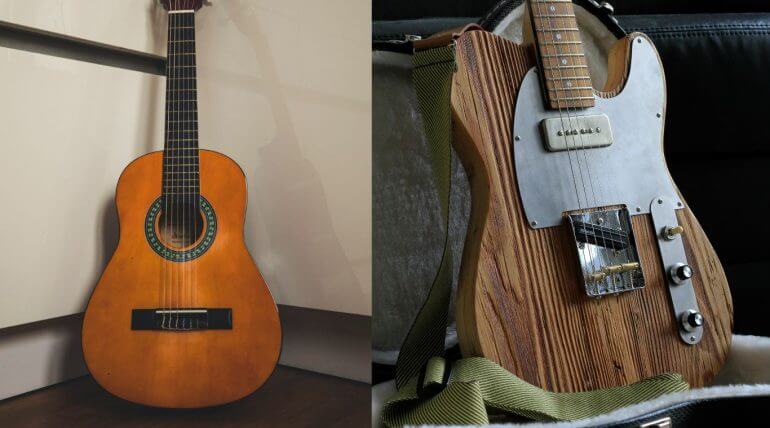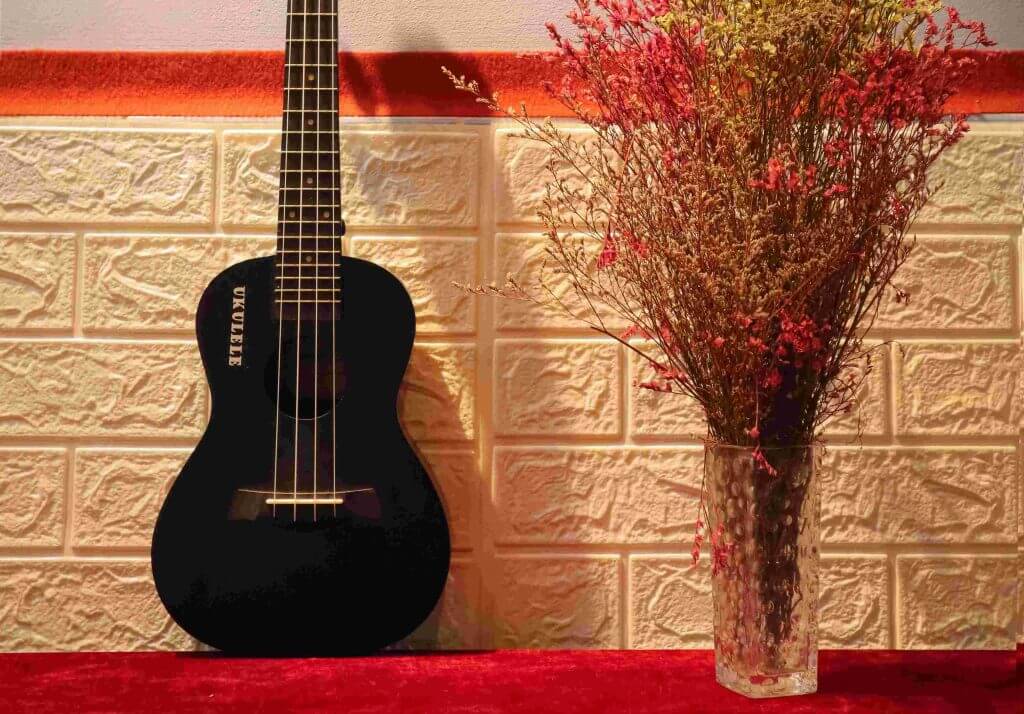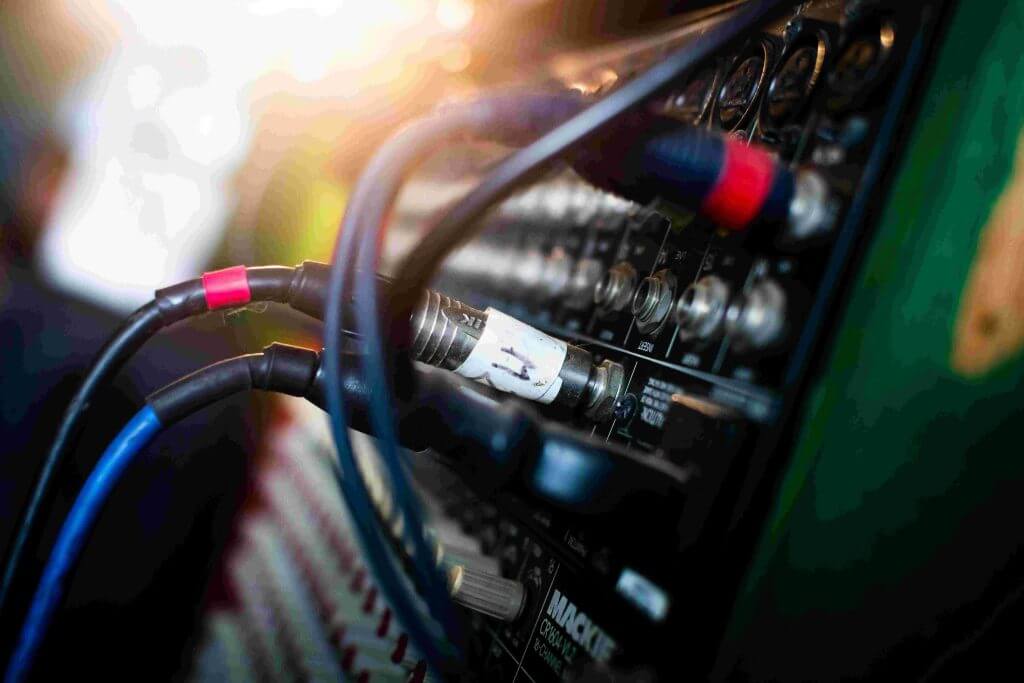
When it comes to choosing a musical instrument, one of the most common decisions musicians face is whether to go acoustic or electric. Both types offer unique characteristics, and the choice largely depends on personal preferences, playing style, and the musical context. In this article, we’ll explore the pros and cons of acoustic and electric instruments, helping you make an informed decision.
Understanding Acoustic and Electric Instruments
Acoustic Instruments
Acoustic instruments produce sound naturally through the vibration of strings, air, or membranes without electronic amplification. Some common examples include the acoustic guitar, violin, piano, and drums. These instruments rely on their physical construction—such as wood, strings, or metal—to produce sound.
Electric Instruments
Electric instruments, on the other hand, rely on electronic amplification to produce sound. The most well-known examples include electric guitars, bass guitars, synthesizers, and electronic drum kits. The sound is generated or enhanced using pickups, amplifiers, and other electronic components, often allowing for greater sound manipulation.
Pros and Cons of Acoustic Instruments

Pros:
Natural Sound Quality
Acoustic instruments offer a rich, organic sound that is typically associated with genres such as folk, classical, and jazz. The warm tone produced by wood, strings, or other natural materials can be deeply expressive and pleasing to the ear.
Portability and Simplicity
Acoustic instruments are self-contained. You don’t need amplifiers, cables, or power sources to play them, making them ideal for spontaneous jam sessions, outdoor performances, and practicing on the go.
Traditional Appeal
Many musicians and listeners value the timeless, classic quality of acoustic instruments. They have a long history, and their traditional craftsmanship often adds a sense of authenticity to the music.
Better Dynamics and Expression
Acoustic instruments allow for a wide range of dynamics, from soft whispers to powerful sounds, based solely on how you play them. They respond well to subtle nuances in technique, allowing for deep expressiveness.
Cons:
Limited Volume
Acoustic instruments have limited natural volume. In large venues or noisy environments, they may struggle to be heard without the use of external amplification.
Less Sound Variety
Acoustic instruments produce a consistent, natural sound. While this is a positive for some, it can be limiting for musicians who want to experiment with a wide range of tones, effects, and sound manipulation.
Higher Maintenance
Acoustic instruments, particularly those made of wood, are sensitive to temperature and humidity changes. They often require regular maintenance, such as tuning, string changes, and wood care to ensure optimal performance.
Larger Size
Many acoustic instruments are larger and bulkier, making transportation more challenging. For example, upright pianos, double basses, and full drum kits require significant space and effort to move.
Pros and Cons of Electric Instruments

Pros:
Amplified Volume and Power
Electric instruments are capable of producing much louder sounds through amplification, making them ideal for rock concerts, large venues, and performances where power and volume are essential.
Sound Variety and Flexibility
Electric instruments offer an almost limitless range of sounds. With the help of effects pedals, amplifiers, and digital processing, musicians can create diverse tones, from clean and crisp to heavily distorted, offering much greater versatility in sound design.
Recording and Performance Flexibility
Electric instruments often integrate well with recording equipment and software, allowing for easier studio work. They are also ideal for live performances where a direct line into the sound system is necessary for clear, powerful audio.
Compact and Portable Options
Many electric instruments are designed with portability in mind. Electric guitars, basses, and digital pianos are often smaller and lighter than their acoustic counterparts, making them easier to transport.
Cons:
Reliance on Equipment
Electric instruments require external equipment to function, such as amplifiers, cables, and effects pedals. This adds complexity, cost, and reliance on additional gear for a successful performance or practice session.
Less Organic Sound
Electric instruments can sometimes lack the organic warmth and richness of acoustic instruments. While they offer more sound manipulation, some musicians find the electronic sound less expressive or natural.
Requires Power
Electric instruments require access to power sources for amplification, which can be limiting in settings like outdoor performances or places without easy access to electricity.
More Complex Setup
Setting up an electric instrument, especially for performances, can be more time-consuming and complex. Adjusting amplifier settings, connecting pedals, and tuning the electronics can take more preparation compared to simply picking up an acoustic instrument and playing.
When to Choose Acoustic Over Electric (and Vice Versa)
Choose Acoustic If:
You prefer a natural, organic sound and want an instrument that responds directly to your playing technique. You enjoy the simplicity and portability of an instrument that doesn’t require additional equipment. You plan to perform in settings where amplification isn’t necessary, such as small venues or acoustic sessions. You’re drawn to genres like classical, folk, or acoustic pop that emphasize the pure sound of the instrument.
Choose Electric If:
You need a louder, more powerful sound for live performances in larger venues. You enjoy experimenting with different tones, effects, and sound manipulation. You are playing genres like rock, metal, or electronic music where amplified instruments are essential. You prefer an instrument that integrates well with recording software and digital setups.
The choice between acoustic and electric instruments ultimately depends on your musical goals, style, and personal preferences. Acoustic instruments offer simplicity, natural sound, and tradition, while electric instruments provide power, versatility, and the ability to explore new sonic landscapes. Many musicians find value in mastering both types, depending on the context of their performance or composition.
Whichever you choose, both acoustic and electric instruments offer unique opportunities for musical expression and creativity. The key is to explore your options and select the instrument that resonates most with your artistic vision.


